My Personal Struggle with Mental Health as an Immigrant in Finland: A Story of Pain and Triumph23/7/2024
0 Comments
“We long to have again the vanished past, in spite of all its pain.” — Sophocles
There is a wide range of emotions associated with migration. Even in smooth processes, leaving the place a person used to call home is often associated with feelings of nostalgia, loneliness, and anxiety for the uncertainties that follow through: from the waiting for an approval process of a residence permit to the ups and downs of the economy and the job market that affects the community regardless of one's migration status. Teksti: Johanna Koponen Kuvat: Annick Ligtermoet ja Teemu Keisteri
Maahanmuuttajana Taiwanissa oppii arvostamaan Suomen käytäntöjä ja tapoja tukea maahanmuuttajia25/4/2024
Despite the collective efforts to promote inclusion and diversity, many migrant women continue to encounter challenging barriers deterring their participation in the Finnish labor market- an often-complicated landscape, where their talents and aspirations often go unrecognized and underutilized.
In 2022 Yle published an article stating that Finland was “wasting” unemployed immigrant women’s potential.
On jollakin lailla hienoa, etenkin tässä ajassa ja yhteiskunnallisessa keskustelussa, että presidentin vaalien toisella kierroksella olleet ehdokkaat elivät kummatkin kahden kulttuurin perhe-elämää. Ykköskierroksen jälkeen oli siten selvää, että tuleva presidenttimme tulee olemaan kahden kulttuurin perhe-elämää elävä henkilö. Meidän perhemuotomme tuli näkyväksi tätä kautta myös julkisuudessa.
|
blogi - blogAjatuksia ja kokemuksia elämästä kahden kulttuurin keskellä.
Reflections and experiences from the life of intercultural families. kategoriat
All
osallistuToivotamme sinut lämpimästi tervetulleeksi osallistumaan blogiyhteisöömme: lue, kommentoi ja kirjoita!
Kirjoittajina voivat toimia kaikki kahden kulttuurin arkea elävät ja aiheesta kiinnostuneet. Kynnystä kirjoittamiselle ei tule nostaa liian korkealle ja kirjoittaa voi joko omalla nimellä tai nimimerkillä. Blogissa esitetyt näkökannat ja mielipiteet ovat kirjoittajien omia, eivätkä edusta Familian kantaa. Kahden kulttuurin arki on itsessään kiinnostavaa ja siitä kirjoittaminen voi avata myös itselle uusia näkökulmia! Blogikirjoituksia voi tarjota sähköpostitse (info@ familiary.fi) tai yhteydenottolomakkeen kautta. Lopullisen valinnan julkaistavista jutuista tekee Familian henkilökunta. Tervetuloa mukaan! participate!We warmly welcome you to participate in our blog community: read, comment, and write!
Anyone who lives and works in the world of intercultural families and is interested in the topic is welcome to contribute. The threshold for writing should not be too high, and you can write either under your own name or under a pseudonym. Keep in mind that the views and opinions expressed in the blog are those of the authors and do not represent the position of Familia. The everyday life of intercultural families is interesting and writing about it can also open new perspectives for you! Your story matters and helps to raise awareness about the opportunities and challenges within intercultural families. Blog contributions can be submitted by e-mail (info@ familiary.fi) or via our contact form. Final selection and edition of the stories to be published will be conducted by our staff. Welcome to join us! |
|
|
© Familia 2024




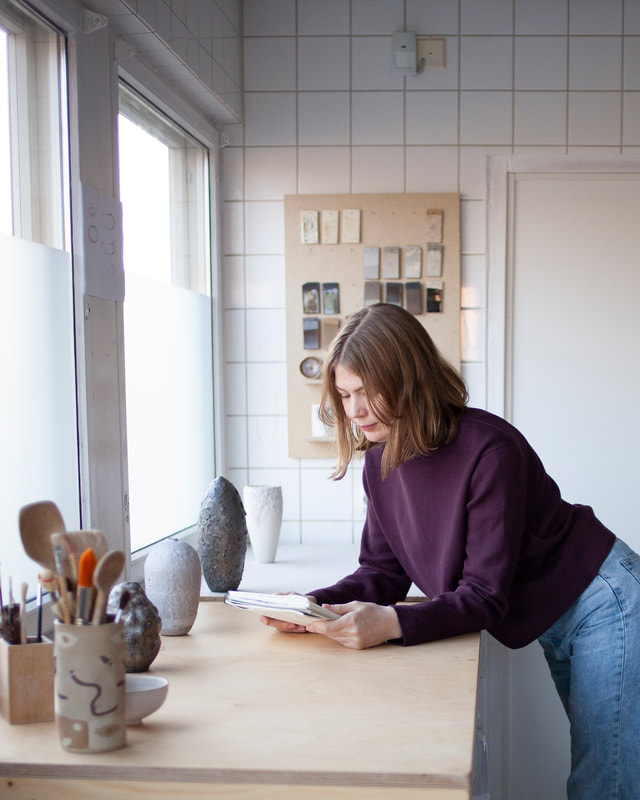
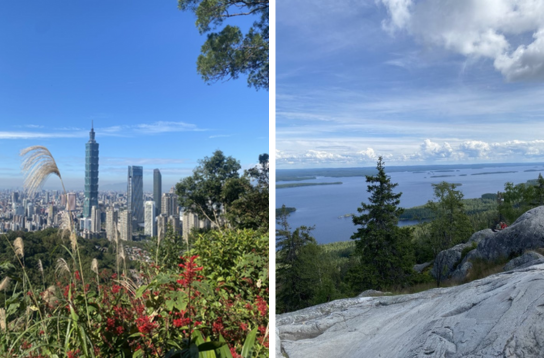
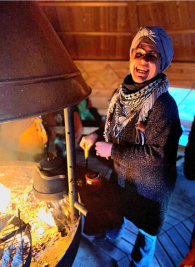
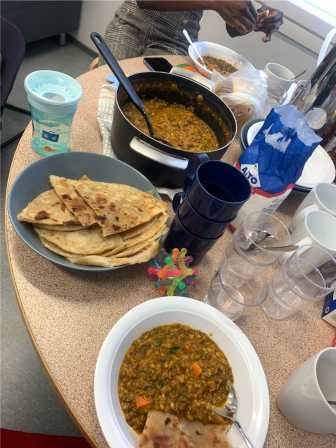
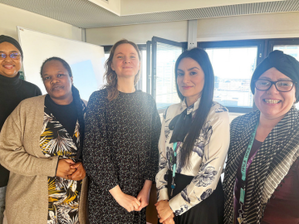
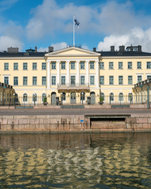
 RSS Feed
RSS Feed

